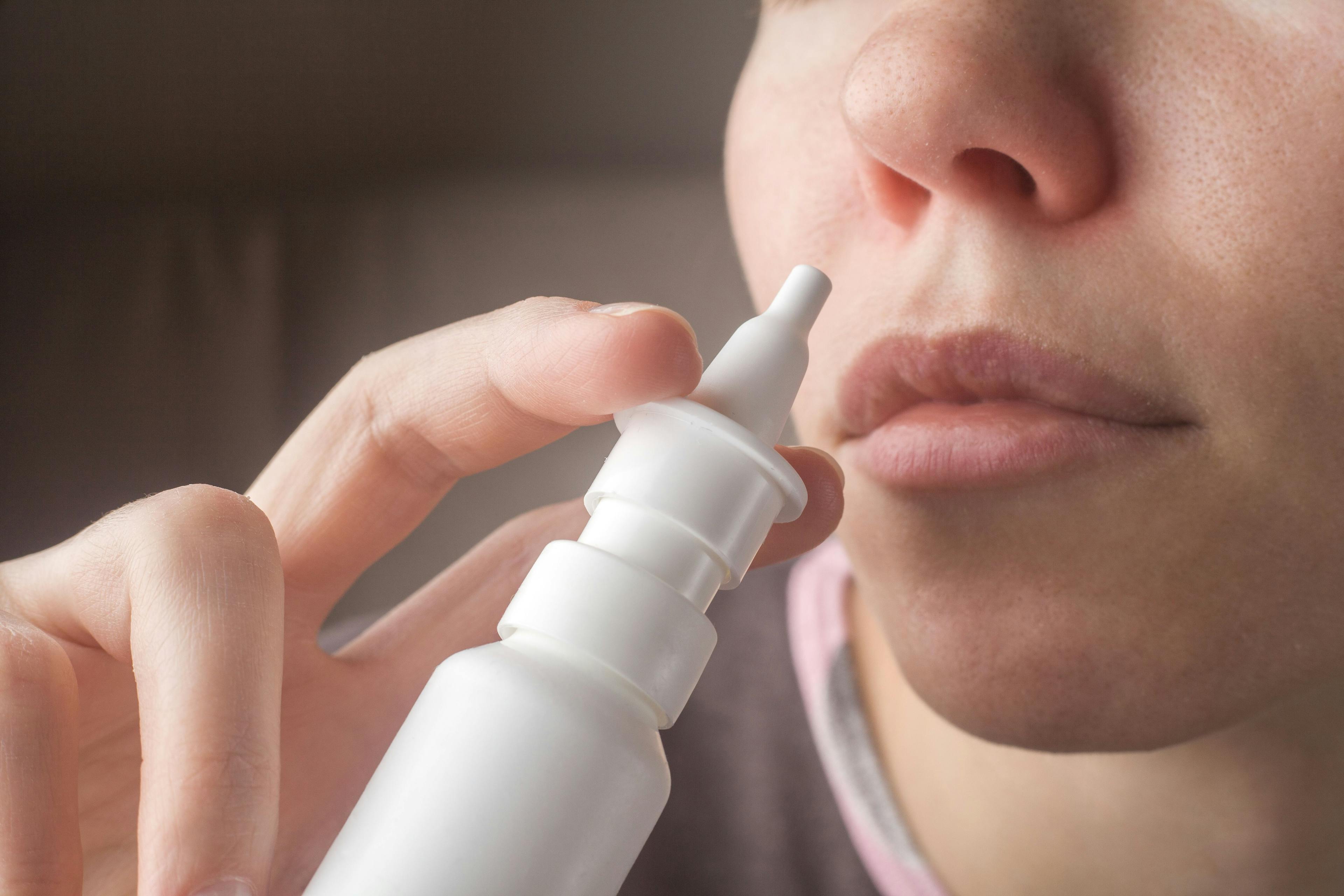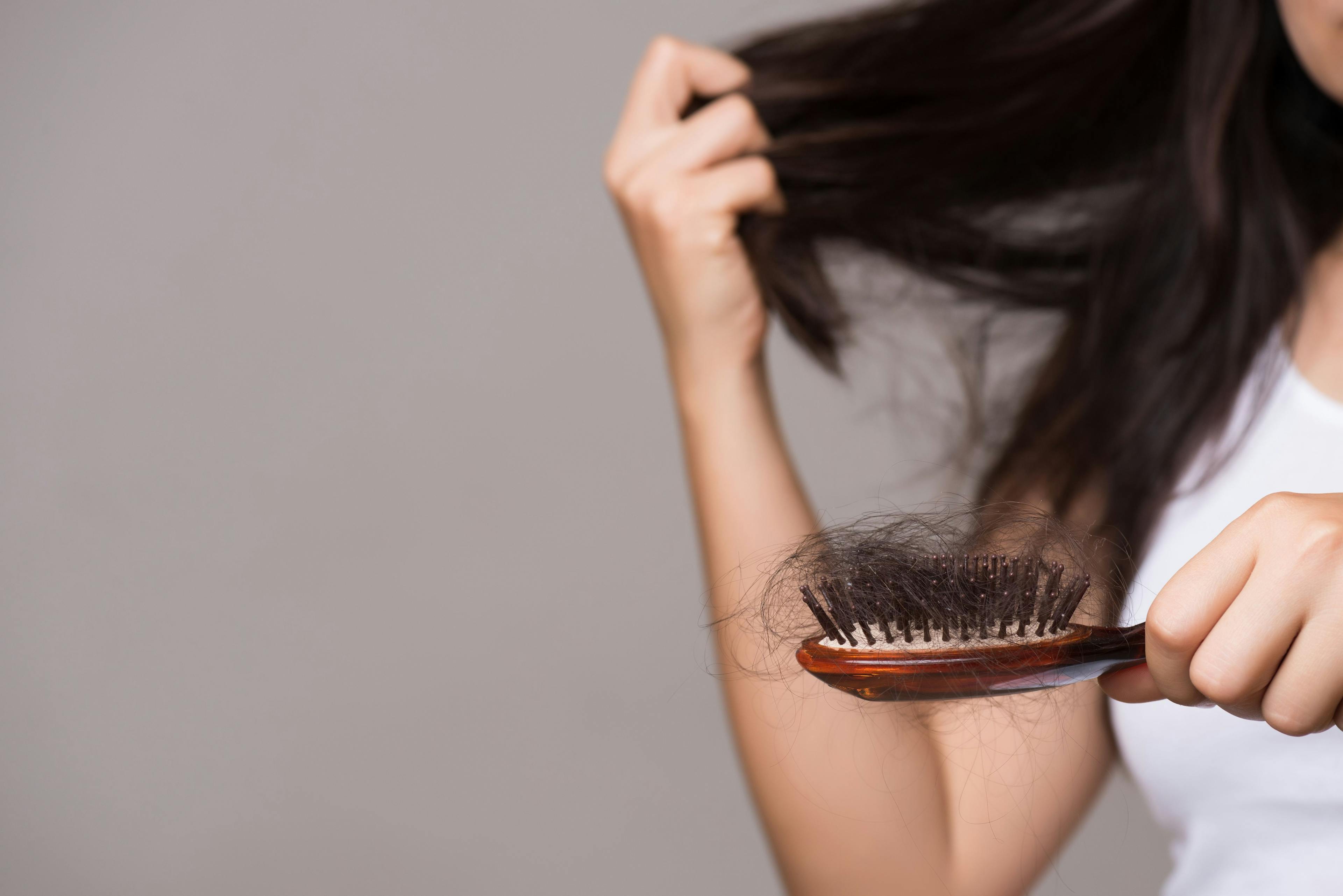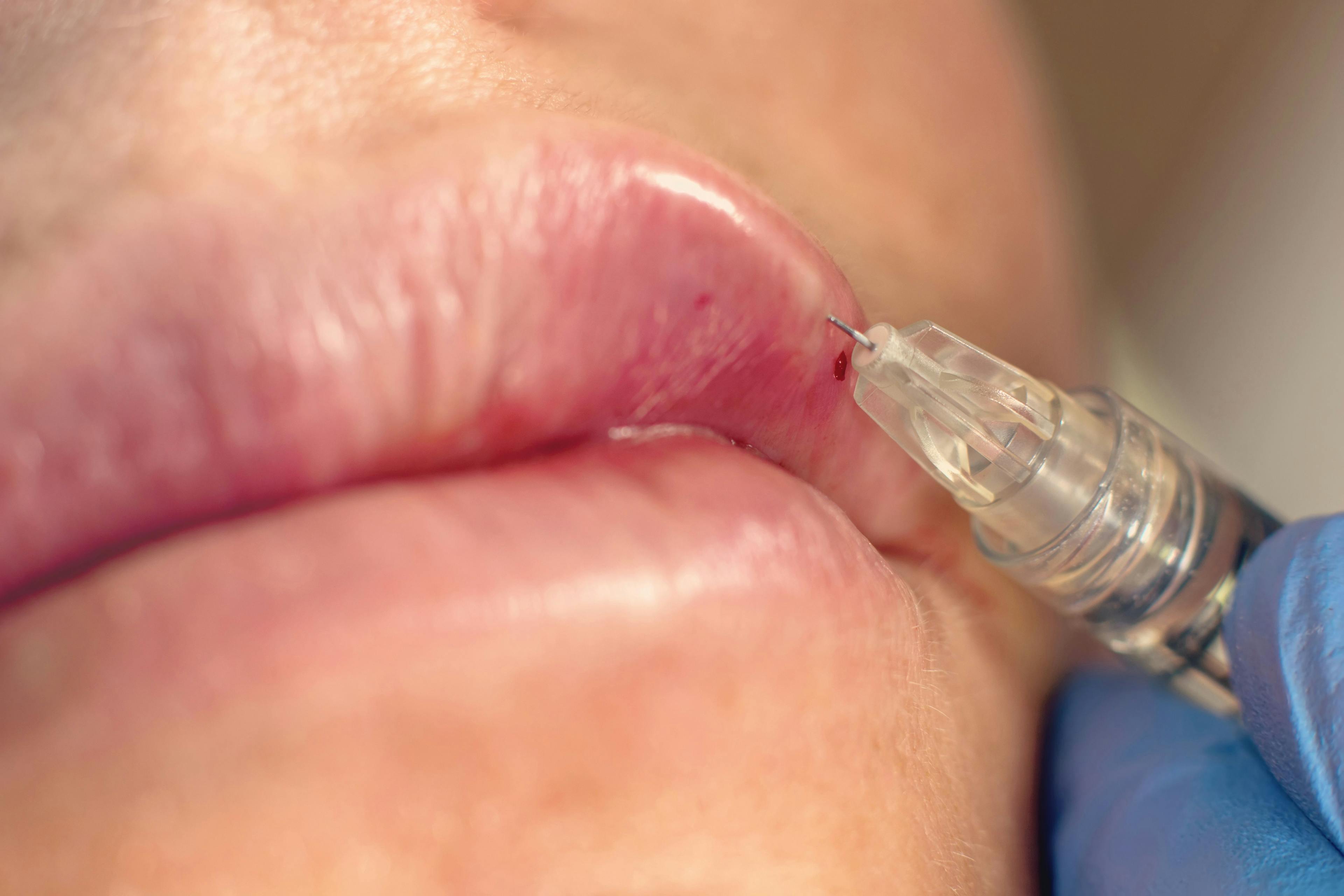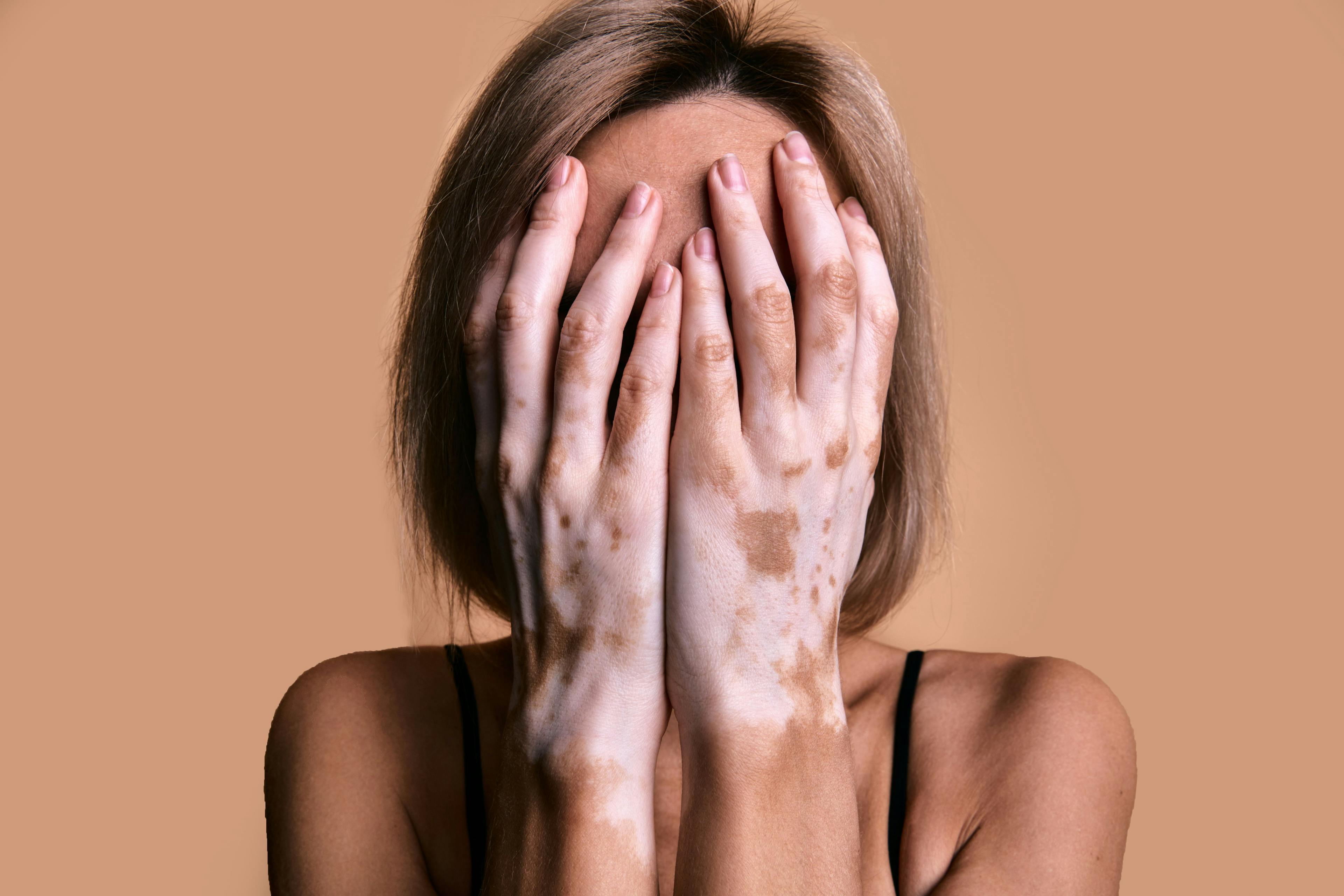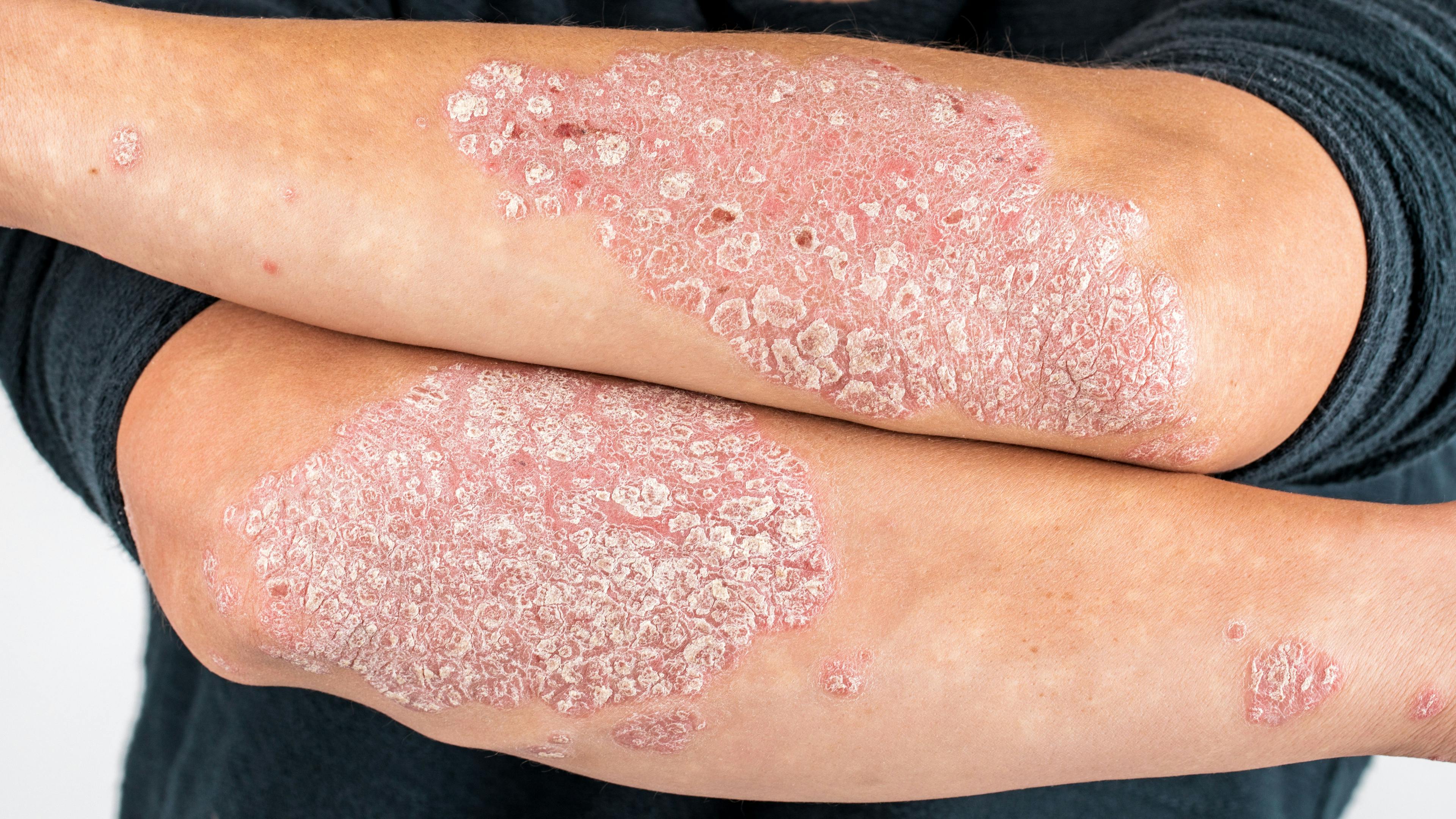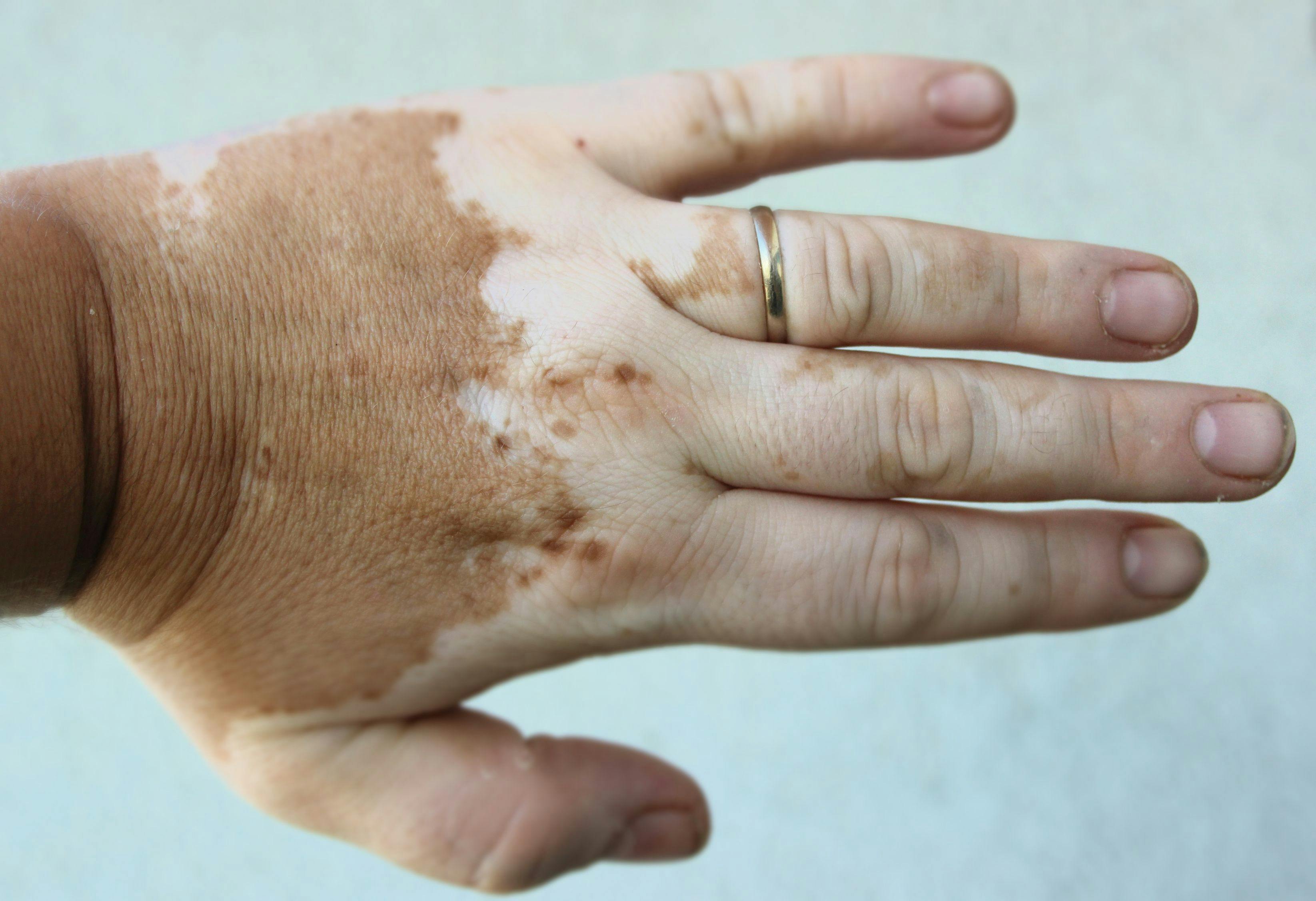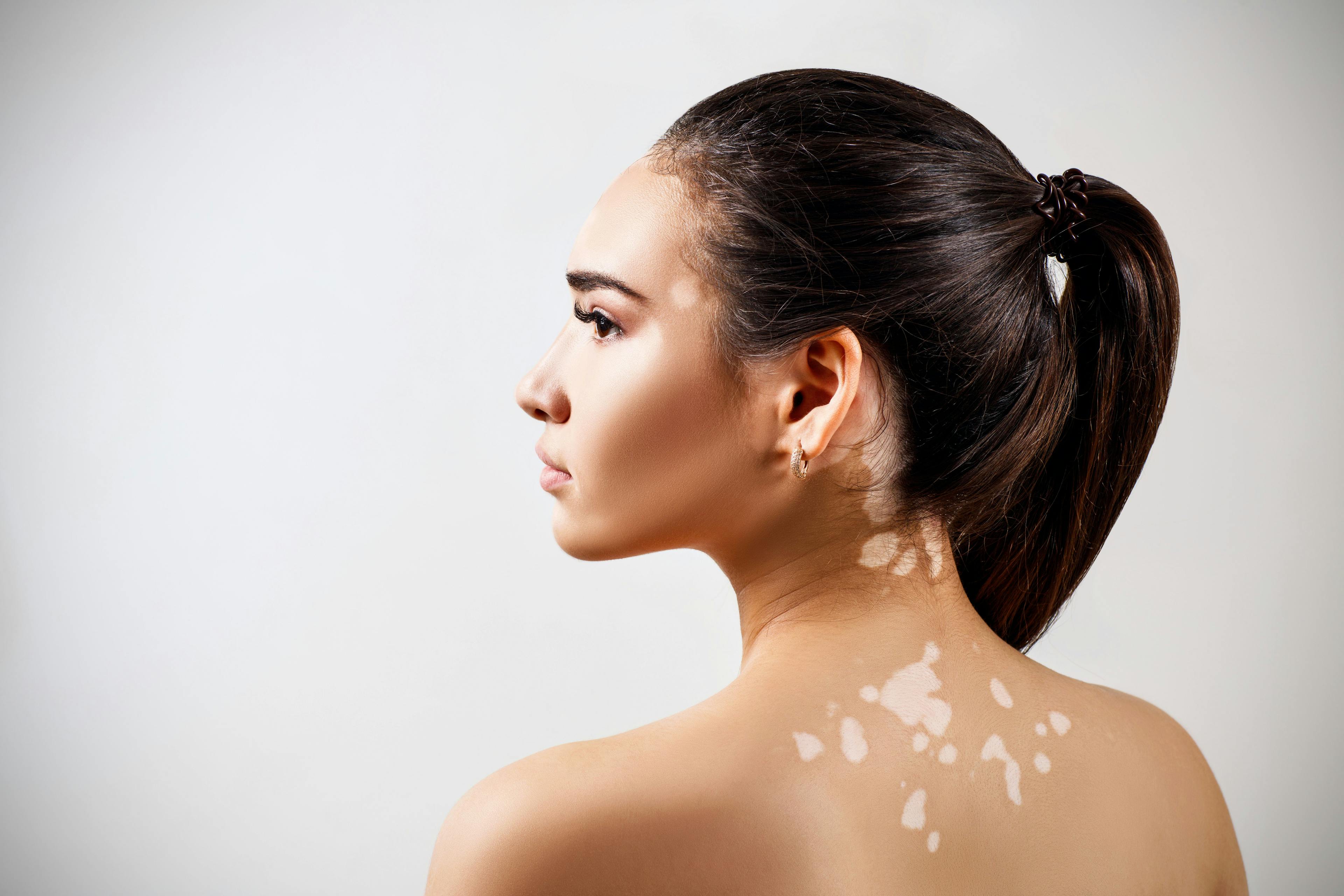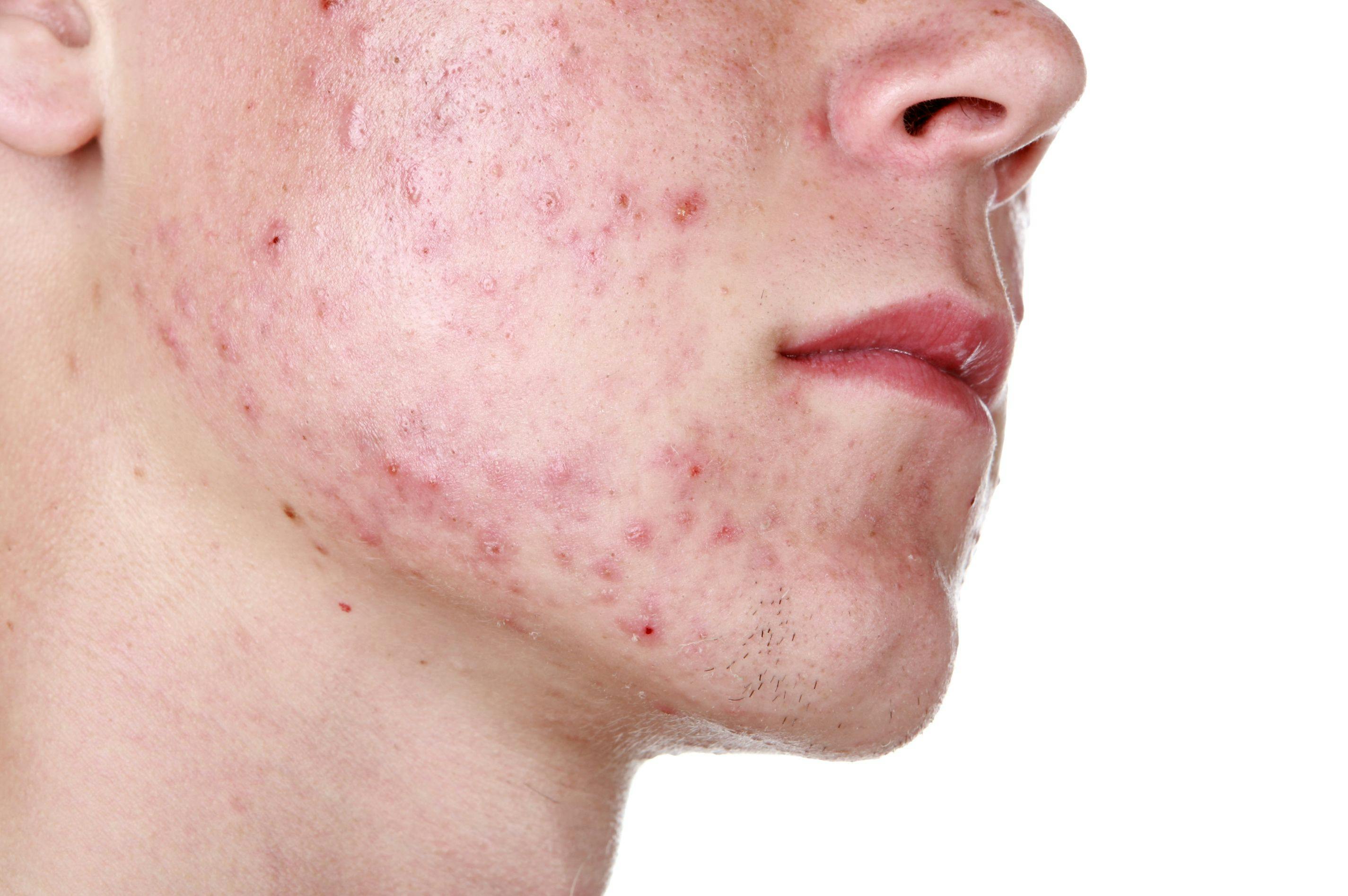- Acne
- Actinic Keratosis
- Aesthetics
- Alopecia
- Atopic Dermatitis
- Buy-and-Bill
- COVID-19
- Case-Based Roundtable
- Chronic Hand Eczema
- Chronic Spontaneous Urticaria
- Drug Watch
- Eczema
- General Dermatology
- Hidradenitis Suppurativa
- Melasma
- NP and PA
- Pediatric Dermatology
- Pigmentary Disorders
- Practice Management
- Precision Medicine and Biologics
- Prurigo Nodularis
- Psoriasis
- Psoriatic Arthritis
- Rare Disease
- Rosacea
- Skin Cancer
- Vitiligo
- Wound Care
Publication
Article
Dermatology Times
Say No to Nasal Tanning Sprays
Author(s):
Dermatologists have long warned tan seekers about the detrimental effects of ultraviolet exposure and tanning beds, strongly discouraging their use; nasal tanning sprays are no different.
Pedram Gerami, MD

An increasingly popular fashion trend, nasal tanning sprays purportedly give users the deeper tanning effect they desire. However, this unregulated and illegal, yet easily accessible, tanning technique can be very dangerous, and potential users need to be strongly dissuaded from employing them.
Because these sprays have recently become very popular on social media, dermatologists and other health care professionals have found it necessary to dissuade people from using them. Nasal tanning sprays contain melanotan II, a synthetic analogue of melanocyte-stimulating hormone (MSH), which mimics the body’s naturally produced hormone, resulting in melanogenesis.
“At a theoretical level, if you overstimulate the melanocytes, there could be a theoretical association to melanoma or increase in moles of the individual. This is just one of many reasons why I would not recommend nasal tanning sprays and melanotan II to anyone” said Pedram Gerami, MD, director of the Skin Cancer Institute of Northwestern Medicine, in Chicago, Illinois.
After being inhaled through the nose, melanotan II is activated by a brief exposure to ultraviolet light. The “tanning drug” is said to induce a general darkening of the skin and can also stimulate mole formation or a darkening of preexisting moles.
“Melanotan II is not a regulated substance, and there is no official health body that oversees how it is put together or the safety of it. No credible tests have been performed to validate its safety so far, and for that reason, it remains illegal…in the US, UK and Australia,” Gerami said.
Some studies that have looked at the formulation of melanotan II have shown significant inconsistencies in the amount of melanotan II contained in each batch, undermining the product’s safety.
Many individuals have experienced GI symptoms after use, including decreased appetite, diarrhea, vomiting, and nausea, as well as a changing and/or darkening of existing moles. Other severe side effects reported include priapism, renal infarction, and rhabdomyolysis.
Another ingredient in these sprays is dihydroxyacetone, a substance that can combine with certain amino acids (the building blocks of proteins that are present in melanocytes) to help darken the skin. Dihydroxyacetone itself can cause free radicals to form. According to Gerami, there is literature to support the view that free radicals can cause premature aging and cancer.
“As far as cancer, there have been sporadic cases of individuals reporting a combined onset of melanoma while…using the nasal tanning spray. This could have been a coincidence as well, but the theoretic risk is there. It has never been studied that it wouldn’t cause melanoma, underscoring the danger of nasal tanning sprays. Getting a better tanning effect simply does not outweigh the potential risks,” Gerami said.
The use of tanning beds and ultraviolet exposure has long been known to carry a high-risk of skin cancer, and nasal tanning sprays cannot be responsibly recommended. For those individuals who are intent on having darker skin, Gerami suggests topical tanning sprays or lotions as the safer solutions currently available.
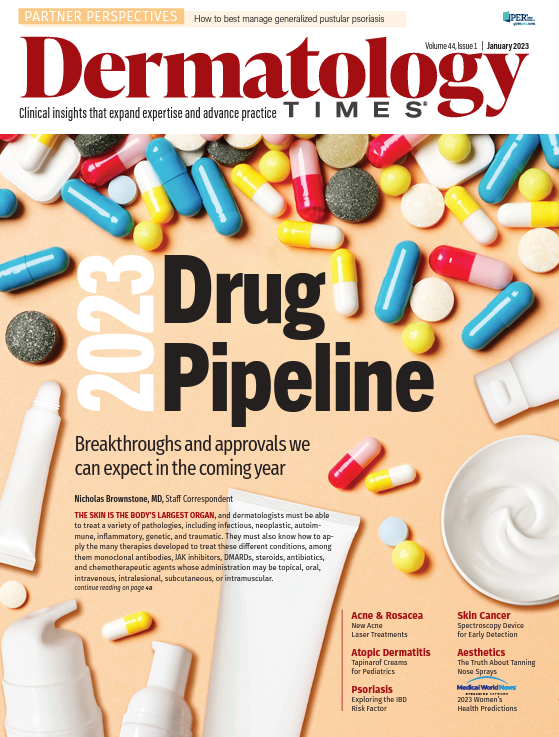
Newsletter
Like what you’re reading? Subscribe to Dermatology Times for weekly updates on therapies, innovations, and real-world practice tips.


